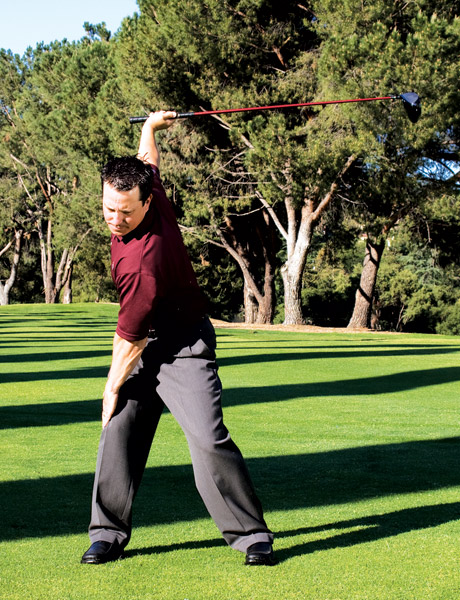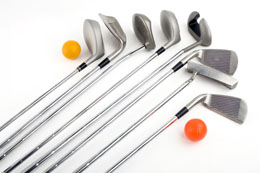Equipment courses
Question
Dear Henry,
I became a PADI OWSI earlier this year and I am looking into volunteer instructor jobs connected to marine conservation. Most of those positions require that the instructor is pretty much self sustainable in running the dive center. The main area that I need to gain experience in is equipment repairs but I am not sure what kind of training to obtain, and that's where you come into the picture :) It would be great if you could answer my questions;
When I research the subject on Internet I get several titles popping up such as technician, service technician and service provider. What is the difference between them and could you recommend one which is suitable for me? Do they only cover regulators or other equipment too such as BCDs and wetsuits?
I know PADI has a equipment specialty course but I don't know how useful this would be for the purpose. Do you know anything about it?
Lastly, I can do the Aqualung Service Provider course through my last employer but can you tell me if it would limit my knowledge to only Aqualung equipment or if it would help me understand how other brands work? (even if I officially cannot repair them)
Thank you in advance!
Regards,
Fia
Answer
Hi Fia,
I sincerely apologize for my late response; I've been re-roofing the house, and this kinda slipped through the cracks.
As to the various terms you have come across, technician and service technician are the same thing - I suspect service provider is, again, just another title for the same position.
I am a NAUI OWI, so I am not well versed in what PADI is up to, but the NAUI equipment specialty course is more a generic type course covering topics like proper care and maintenance of skin and scuba diving equipment, different engineering and design features of modern scuba regulators, and very minimal regulator troubleshooting and field repair techniques; I suspect PADI's course is similar.
Basically, you will want to get an understanding of the function of various designs of regulators, e.g. balanced diaphragm, balanced piston, unbalanced piston, flow-through piston, etc. Once you have an understanding of these designs, you will find that almost all regulators fit into one of these categories. It's just a matter of following specific manufacturer's overhaul/repair guides and knowing how to test the regulators so that they are within design specs after working on them. Knowing how to read a schematic and follow instructions is a must. Stuff like SCUBA cylinders and BCD's are whole different subjects; there are a couple of classes on how to do annual inspections on cylinders
The Aqua Lung training will cover only their specific regulators, and maybe some of their other gear like BCD's. Wetsuit repairs are outside that realm; for that area, I would recommend you just get some scraps of neoprene, a can of wetsuit cement, and practice repairing tears, rips, etc. I am not aware of any kind of formal training for wetsuit repairs.
Almost all this knowledge really comes from hands-on experience. There are all kinds of courses and seminars available, but it's hard to say which one(s) will cover all your needs. If you can, try to get a LDS to let you watch and help with some repairs/overhauls to get the basics. An Aqua Lung course will help with understanding where the schematics and repair guides come into play.
I've provided some links below that I think will give you some more sources to use as starting points for further research.
http://www.scubaengineer.com/
http://psicylinders.com/
http://www.hallsdiving.com/career2/repair.htm
http://www.divingtechnologies.com/trngproglist.html
There's a lot of information to cover on the area of breaking into the service tech arena, and I hope I have given you a few places to start, but feel free to come back with more specific questions as need be. (And, I'll be done roofing in a few days, so I can get to your questions sooner!)
Hope this helps,
Henry Babcock
AllExperts SCUBA Expert
layering wetsuits
bcd with a slow leak


